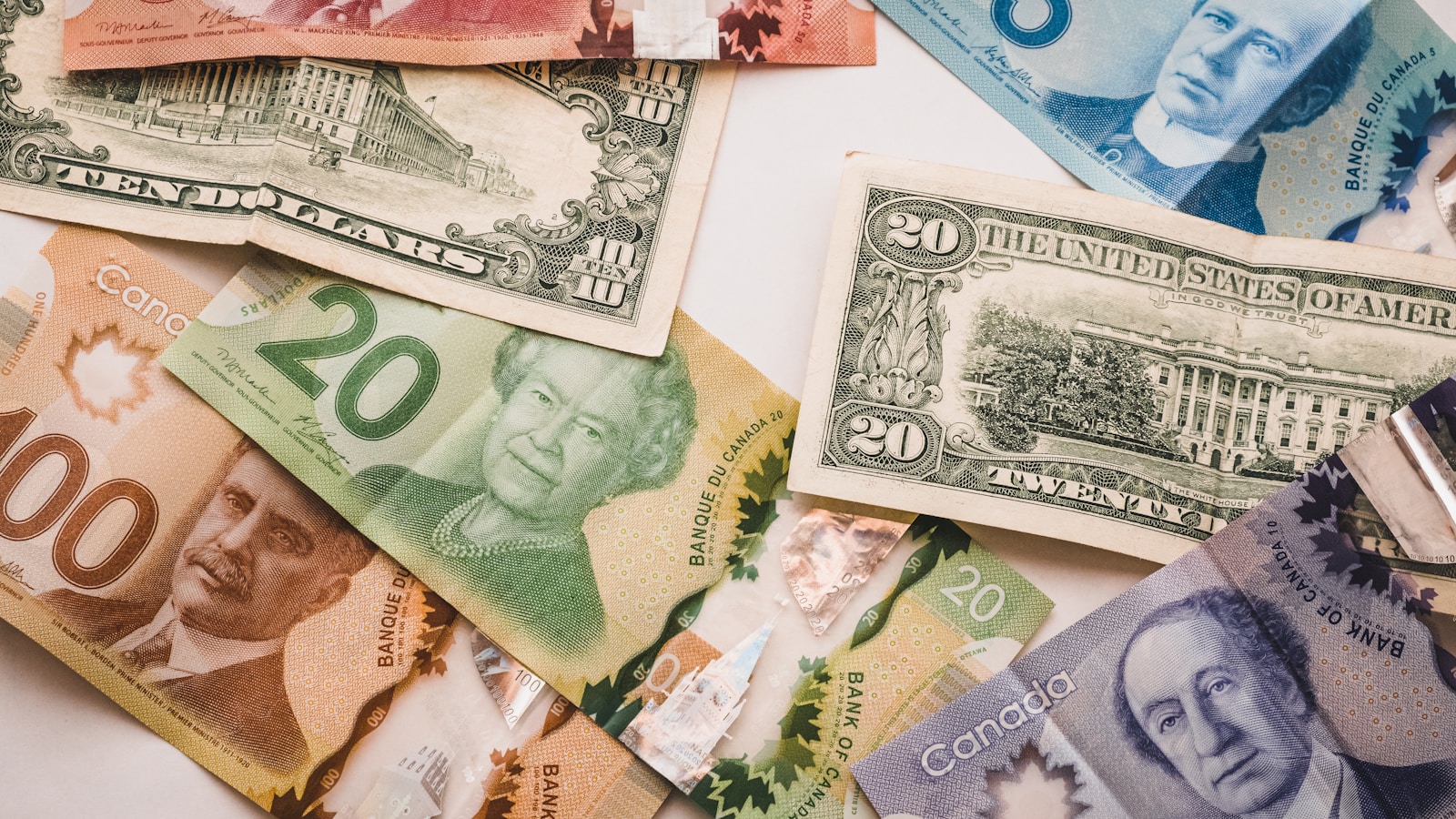Trade tensions with the U.S. can make everyday life feel unpredictable, especially when prices start to rise. But you have more power than you think! As Canada’s relationship with its largest trading partner shifts, you can still live well, support your community, and protect your finances. Here’s how Michelle Babb and the House-ology Method guide you through uncertain times:
1. Revisit Your Finances
Take a fresh look at your spending and prioritize what matters most. Simple swaps—like home-cooked meals, local experiences, and cutting unused subscriptions—can free up cash and build your financial resilience.
2. Diversify Your Investments
If you have investments, check your exposure to U.S. markets. Consider other sectors or global opportunities that align with your risk comfort. A trusted advisor can help you craft a strategy that fits your goals.
3. Shop Local, Support Canadian
Every dollar spent at a Canadian business strengthens our economy. Explore farmers’ markets, independent shops, and homegrown brands—you’ll discover new favorites and keep your community vibrant.
4. Boost Home Energy Efficiency
Rising costs make now the perfect time to seal windows, upgrade to LED bulbs, and use programmable thermostats. These small changes can lower bills and lighten your environmental footprint.
5. Get Creative with Groceries
If imported foods get pricier, embrace Canadian produce and plant-based proteins. Experimenting in the kitchen can lead to affordable, healthy, and delicious meals.
6. Stay Informed and Connected
Knowledge is power. Follow reliable news sources, engage in community discussions, and stay open to new perspectives. This helps you make confident decisions, no matter the headlines.
7. Focus on Joy and Resilience
Remember the lessons from recent years: family, health, and community are priceless. Spend time with loved ones, explore Canada’s natural beauty, and nurture your well-being.
8. You’re Not Alone—We’re Here for You
The House-ology Method is designed to help you find homes and build a life you love, even in uncertain times. Book your FREE strategy call with Michelle Babb today and let’s navigate this journey together.
#MichelleBabb
#HouseologyMethod
#ShopCanadian


